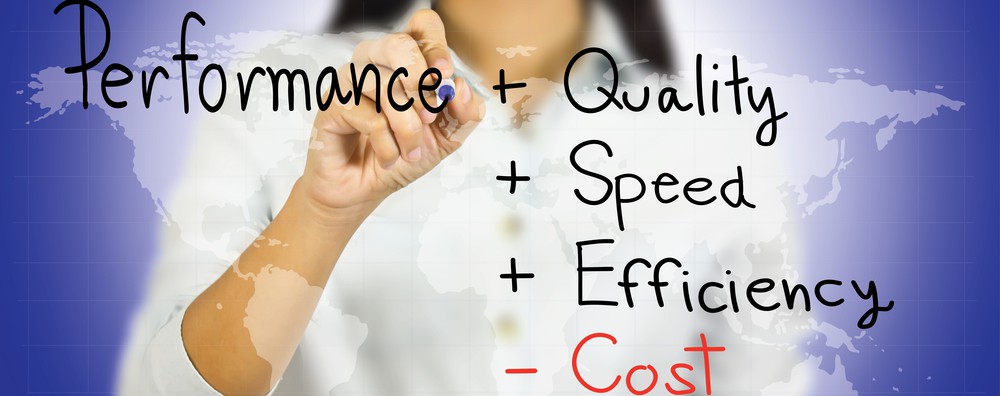Skills transfer as part of any consultancy project is very important to me. My style is very much facilitative with an emphasis on ‘do it with you’ and not ‘do it to you’. The transfer of new skills so that clients can take on the new working routines and further build upon them is a key strategy in my consultancy projects. I design and deliver many training workshops, both as stand-alone sessions and as part of in-house projects, and the design and delivery of these workshops is of critical importance to me. I wrote this white paper on my thoughts and reasonings that underpin all my training.
I am a Chartered Marketer and a fully accredited Associate Higher Education Lecturer, I holds a Doctorate in Divinity, am a licensed EFQM Excellence Model European Assessor and Benchmark Index Adviser. I am registered with Invest NI as an Innovation and Business Direction (Marketing) solutions consultant. I have developed a portfolio of training and personal development workshops from a blend of bought-in syllabi, licensed materials and original work. They are all characterised by my 4-step learning approach and engaging delivery style as explained below.
Training workshops
I have over fifteen years experience in the design and delivery of training, technical skills and personal development training workshops and programmes. I currently have over ten (10) training workshops in my portfolio covering all aspects of management and leadership development at all levels from Director/Senior Manager to Team Leader to Entrepreneur. This extensive portfolio is fully modular in design and delivery, enabling full tailoring and customisation for personal development programmes to be bundled to meet specific needs of clients.
Learning Methods
Each training and development workshop designed by me is delivered against my specific model of learning: –
Educate – Formal teaching of principles, techniques, tools and methods. The focus is on the concepts and rationale behind the learning, the high level context.
Demonstrate – Worked examples are used to illustrate and demonstrate how the technique, tool and method works in practice, how it is deployed and executed.
Imitate – Trainees are asked to mimic the learning by working through an actual problem or scenario, using the learning to reach a conclusion. This active problem solving type approach challenges trainees to think about the technique, tool or method in its application.
Consolidate – Trainees are asked to present back to the wider groups their feelings on how it went, their learning and insights. This is an important part of learning as the challenge of presenting back to the wider group makes them think differently about their learning experience.
Buddy and Group – Looking for a different perspectives and viewpoints, discussing issues and sharing ideas.
Presentation – Listening to how others see it, their views, what they learned and how it was for them. People learn in different ways and see different things. Learning from other trainees experience is a powerful addition to the formal training of the trainer.
Participation – Learning by doing, proven to increase to over 80% the learning effectiveness.
Sharing the learning – Identifying key learning points and valuable insights.
Learning by playing games – The majority of sessions include games in the first module, to act as an icebreaker and build team spirit, an emotional commitment to learning. It is much more powerful than this, research has shown that learning effectiveness can be increased by over 100% with good, well researched and designed games that fit the training objectives. I have a supply chain of USA based training and research companies and purchases its games from proven reputable companies.
Learning by discovery – A powerful technique that build an emotional understanding and connection between the trainee and the learning point, they feel that they have worked it out for themselves, and dramatically increases learning effectiveness.
Learning Style
These new and effective learning methods are integrated into a linked and compatible combined or bundled approach, and are delivered with new training workshops styles and protocols, including: –
De Bono 6 Thinking Hats – Harnessing individual and team learning behaviours, White; Red; Yellow; Black; Green; Blue.
There are no stupid or silly questions; care and time is taken to create a safe environment to learn.
Personal Risk Assessing & Taking is encouraged, encouraging challenge and using the power to change personally as trainees develop, to make change back in the work place less of a barrier to growth.
Establishing Creativity and Lateral Thinking as the normal practice and way of working, working smarter not just harder.
Engaging a commitment that all trainees will want to learn something new.
Taking time to the building of a “We are a Team” approach to learning and development.
